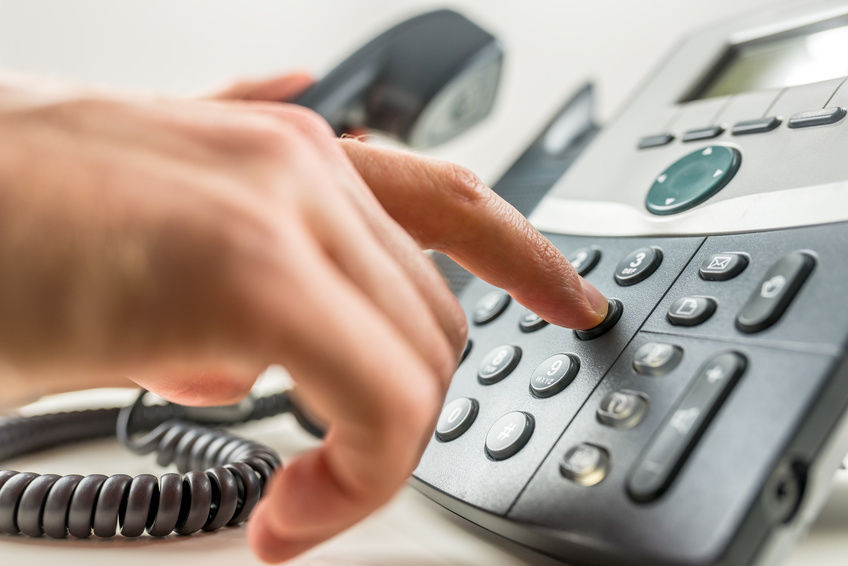Winter months and the holiday season can be a wonderful time for so many people. For some, it’s a time to travel, have holiday parties and get-togethers with friends and families. However, for many people, including older adults, this time of year can be very challenging. Older adults tend to be more isolated in the winter months because it’s more difficult for them to get out in the cold weather. This time of year can also bring about feelings of sadness and loneliness. It is not necessarily the holiday itself as it is the memories of earlier and perhaps happier times. Older adults may find that they are unable to participate in celebrations as they once did. The holidays may be associated with friends or family members who are seriously ill, have died or moved away. Neighborhoods change, often leaving those well enough to remain in their own homes, feeling isolated.
Although the “holiday blues” can be triggered on any holiday and any time of the year, the holidays that come during the winter months, when the weather is cold and daylight is short, seem to increase the feelings of holiday blues. That’s why, at this time of year especially, it’s important to be attentive to changes in your friends’ or loved ones’ behaviors, including changes in their appetite, sleep patterns and activities. If you suspect someone you know or love is suffering from depression or the holiday/winter blues, it is important to make an appointment with their physician to talk about treating their symptoms. Sometimes it’s just a matter of getting someone out of their home a couple times a week in order for them to feel better. A friendly visit or a phone call to check in and see how your friend or loved one is doing can make a big difference in their life. Encourage older adults to stay active, involved, and engaged in family and community events whenever possible. Checking in on older adults rountinely can help them feel cared for and connected.
CheckMates, a program of AgeWell Pittsburgh, offers a connection between adult volunteers and older adults in our community who may be isolated, homebound or lonely. Weekly phone calls are made by trained volunteers and friendships develop over the phone. A volunteer who listens and cares can be comforting and reassuring. The volunteers are trained to recognize individual needs and will contact the CheckMates Coordinator who will connect the older adult to appropriate services. If you know someone who would like to receive CheckMates phone calls or become a volunteer, give us a call at 412-422-0400.

